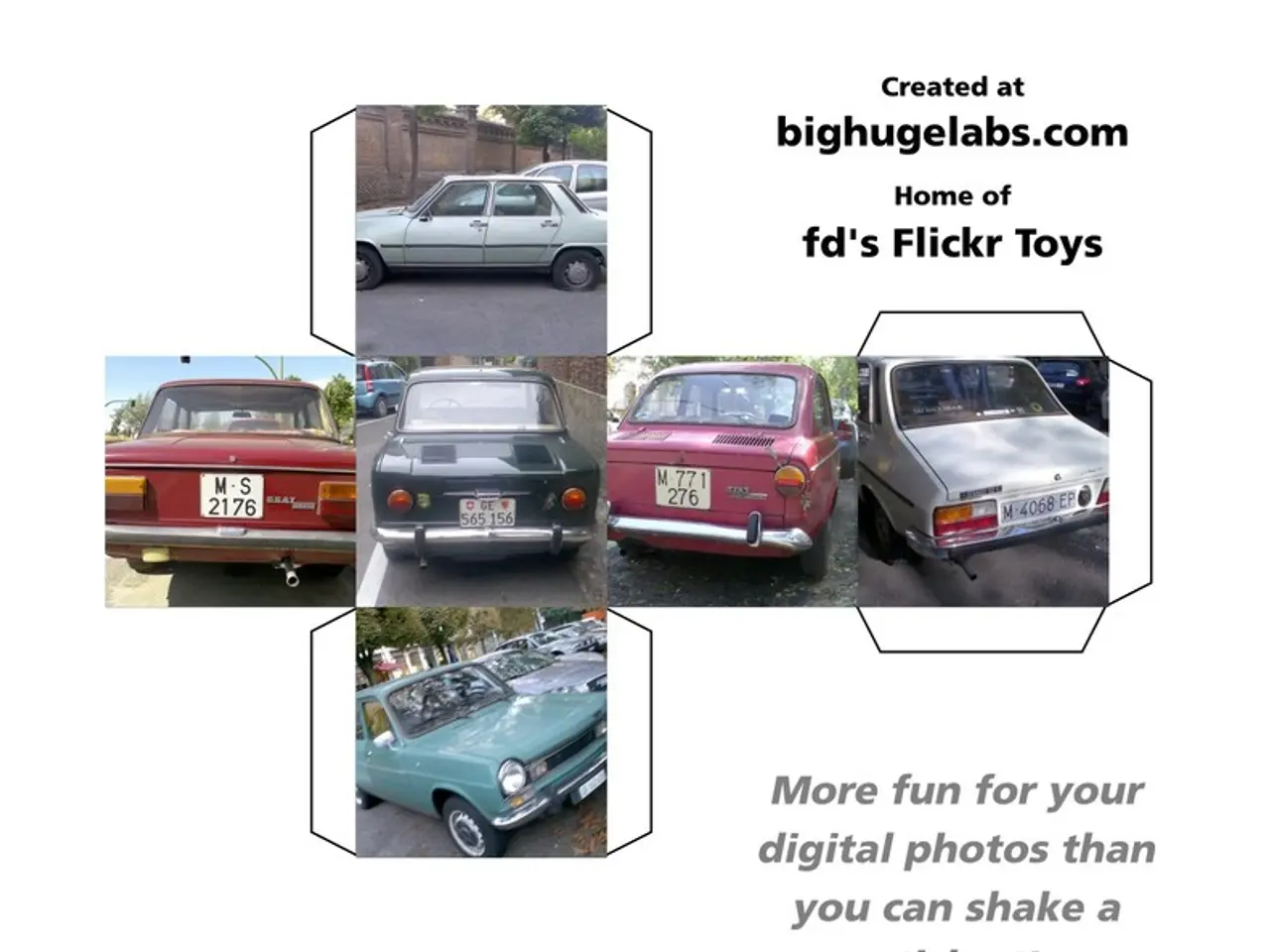Toyota Emphasizes the Enjoyment Factor in Electric Vehicles
In a recent workshop organized by Toyota, the automotive giant showcased its commitment to electric vehicles (EVs) and unveiled several cutting-edge technologies. The event, which featured a Lexus RZ equipped with "steer-by-wire" technology, marked a significant step forward in Toyota's EV strategy.
The distinctive shape of the steer-by-wire technology, reminiscent of aircraft controls, builds excitement for the driving experience. This new technology offers a more intuitive handling and streamlined control, freeing up 50 liters of additional interior space and lowering the cargo area floor by 70 mm. The steering wheel can be positioned more freely due to the absence of mechanical connections, opening up possibilities for new mobility innovations.
One of the technologies displayed at the event was a manual BEV, which reproduces the feel of a manual transmission through motor control. This innovation allows drivers to enjoy the familiar sensation of a manual transmission while driving an electric vehicle.
Toyota's Executive Vice President and Chief Technology Officer, Hiroki Nakajima, believes that electric vehicles created by carmakers should inspire emotional attachments, similar to how cars are often referred to as "beloved" industrial products. Nakajima insists on refining battery and electrification technology over time, balancing innovation with proven manufacturing processes and cultural commitments within the company and broader industry.
The key differences between BEVs created by traditional carmakers like Toyota and those built by battery-makers and tech startups, according to Nakajima, revolve around their approach to vehicle development, technological focus, and market strategies. Carmakers like Toyota prioritize comprehensive vehicle engineering, long-term reliability, and integration with existing automotive expertise and production systems. They emphasize steady improvements in efficiency, quality, and real-world usability, often combining electrification with a broad portfolio including hybrids and fuel cells.
In contrast, battery-makers and tech startups tend to prioritize rapid innovation in battery technology and software, sometimes placing less emphasis on traditional automotive manufacturing experience. However, Nakajima mentioned that while battery technology is crucial, it might never be the sole factor determining the future of electric cars, implying potential limitations if startups focus narrowly on batteries without holistic vehicle development.
In April, Nakajima pledged that by 2026, Toyota will release next-generation BEVs "entirely different" from current ones. The company also unveiled a compact eAxle currently in development, which combines essential components for motor-powered cars. The compact eAxle is smaller than that of a hybrid vehicle, with the motor being 40% smaller, the gear train and inverter being slimmed down by 53% and 58% respectively.
The series of articles will delve into several such technologies, grouped by the three main themes, with the first group focusing on Toyota's commitment to "BEVs created by carmakers." The event at the workshop highlighted Toyota's strategy in the changing EV landscape, underscoring the company's commitment to evolving BEVs with a balanced approach rather than only competing on battery breakthroughs.
Read also:
- AI-Enhanced Battery-Swapping Station in Southeast Asia Officially Opens Its Doors
- Honda unveils blueprint for design, advanced driver assistance systems, electric vehicles, fuel efficiency, and technology development
- Quarterly earnings surge by an astounding 769% Year-on-Year in FY 2025-26's Q1, as Zuvelio sets sights on achieving a revenue of approximately Rs 6 crore for the entire year.
- Web3 Esports undergoes transformation as Aylab and CreataChain collaborate for a radical change








